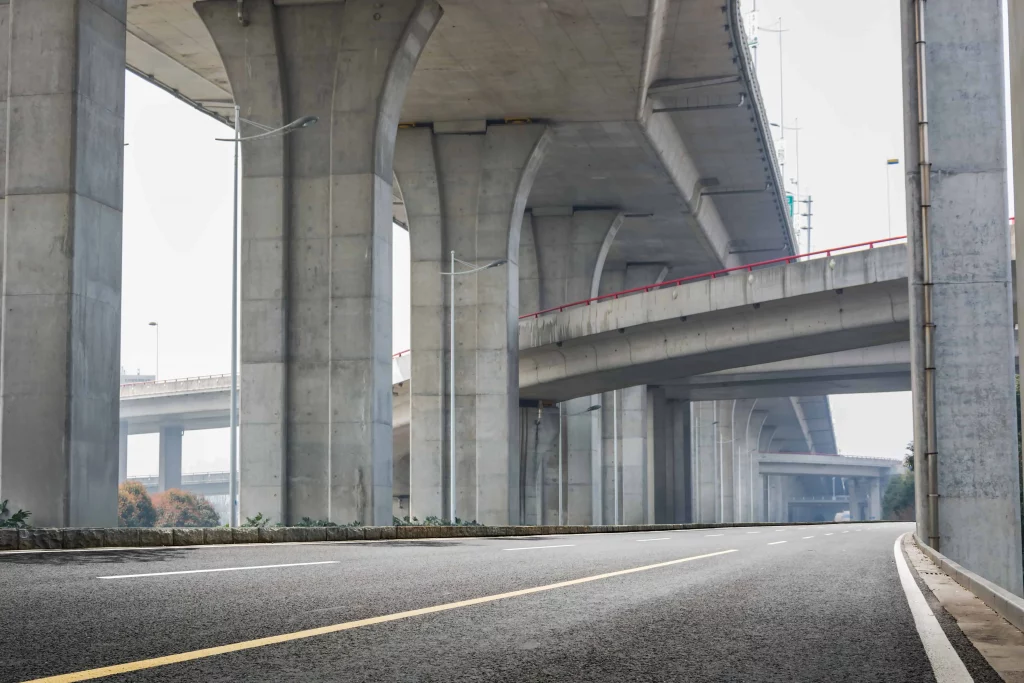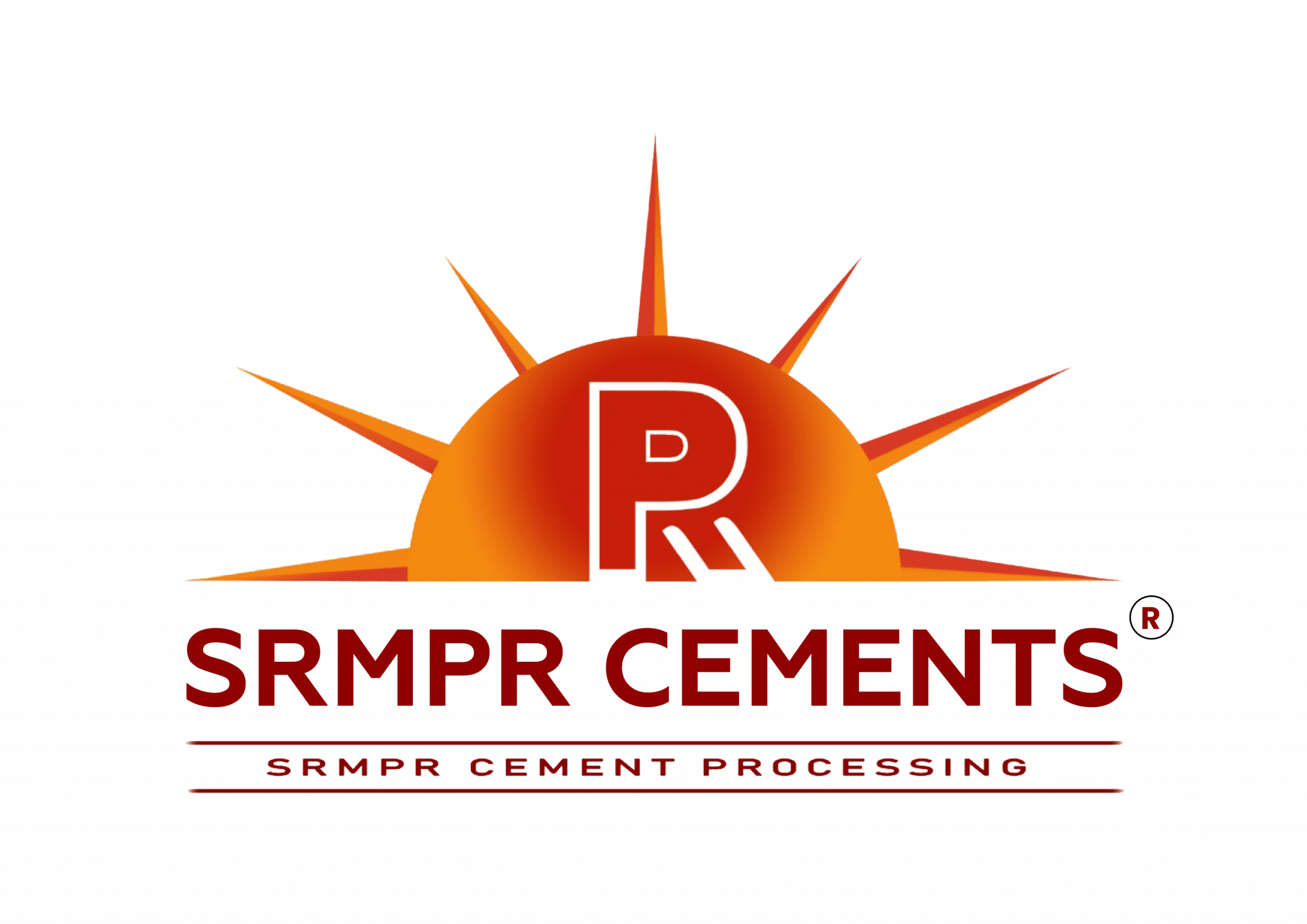Concrete is used extensively in large-scale building projects, particularly bridge construction. The versatility and ability to equally distribute weight make it an excellent choice for such constructions. With technological improvements, several varieties of concrete have been developed to fit each project’s specific requirements.
Concrete: The Bridge Builder's Best Friend.
Concrete is the preferred material for bridge construction around the world, outperforming all others in terms of consumption. Its persistent performance and endurance have established unwavering trust in builders. Concrete bridges have an established track record of adaptability and versatility, both in final designs and building methods.
Durability, aesthetics, cost-effectiveness, reduced building methods, and rapid deployment techniques all contribute to concrete’s reputation as the best construction material for bridges of any size, shape, or purpose. The widespread availability of varied concrete forms countrywide increases construction flexibility, making concrete a versatile resource capable of tackling even the most difficult bridge projects and construction locations. Bridge construction with concrete has as many possibilities as the horizon it spans.
Types of Concrete for Bridge Construction
Reinforced Concrete: Reinforced concrete is the peak of strength in the building. It improves concrete ductility, allowing it to withstand bending and breaking under large loads. This form of concrete resists climate change, reducing internal strains caused by expansion and contraction. Its ability to absorb structural stress uniformly guarantees that weight is evenly distributed throughout the bridge structure.
Prestressed concrete: Prestressed concrete is a lightweight alternative to reinforced concrete, making it perfect for bridges that need shock absorption and impact resistance. Its reduced weight makes it better suited for heavily loaded constructions than bulkier reinforced concrete alternatives.
Precast Concrete: Precast concrete parts such as columns, girders, and bridge decks are produced off-site in several states, including California. These prefabricated components are connected at the project site by post-tension cables. Using new Ultra High-Performance Concrete (UHPC) technology, these components are ready for traffic within days of installation.
Advantages of Concrete Bridges: Function and Aesthetics
Concrete provides a wide range of structural options, limited only by designers’ creativity, resulting in exquisite bridge constructions that blend in with their environment. Concrete bridges combine form and function to deliver safe and durable solutions regardless of size. Architectural finishes provide visual attractiveness without the need for cladding, painting, or continuous maintenance.
Durability: Concrete survives in difficult environments, resulting in service lives of 120 years or more for well-designed and constructed bridges. Minimal maintenance is necessary to maintain its structural integrity over time.
Versatility: Concrete’s flexibility allows for the cost-effective construction of a variety of structural forms and spans. Arches, slab decks, beam bridges, box girders, cable-stayed, stressed ribbon, and inclined frames are all options with spans ranging from 5m to more than 400m.
Speed and Constructability: Concrete emerges as the quickest and most cost-effective material for building long-lasting, high-quality bridges due to careful preparation, element precasting, and the use of appropriate technologies. Techniques like sliding, launching, jacking, and modular building speed up the process, ensuring competitiveness.
Sustainability: Concrete, as a locally sourced material with minimum environmental and social impacts, makes it possible to build bridges with a design life of more than 100 years and low maintenance requirements, presenting a sustainable alternative. Furthermore, up to 95% of the concrete and reinforcing used in bridges can be recycled at the end of their service lives.
Cost Efficiency: Concrete bridges provide compelling long-term cost-effectiveness because of their low initial construction costs and decreased inspection and maintenance requirements, making them an appealing option for infrastructure investment.
Partner up with SRMPR Cements Quality Cements.
SRMPR Cements is at the forefront, providing a wide range of services, including construction inspection and testing. Whether it’s concrete inspection or testing, SRMPR is your reliable partner, delivering thorough assessments and laying the groundwork for project success. With our expertise and experience, we’re here to help you and your team every step of the way.
At SRMPR Cements, we are more than just industry leaders; we are visionaries who value innovation and quality. With an experienced team of engineers and specialists, we provide unrivalled quality management, pavement engineering, materials design, construction inspection, and testing services for infrastructure projects throughout California and the Western United States. Let us work together to take your next project to new heights.



